Search
02473 IRON-MICROBE INTERACTIONS IN CORROSION AND SOLID PHASE MINERAL DISSOLUTION
Also Purchased
02456 MICROBIALLY DEPOSITED MANGANESE AND IRON OXIDES ON PASSIVE METALS -THEIR CHEMISTRY, DISTRIBUTION, AND CONSEQUENCES FOR MATERIAL
Product Number:
51300-02456-SG
ISBN:
02456 2002 CP
$20.00
02030 TETRAKISHYDROXYMETHYLPHOSPHONIUM SULFATE (THPS) FOR DISSOLVING IRON SULFIDES DOWNHOLE AND TOPSIDE - A STUDY OF THE CHEMISTRY INFLUENCING DISSOLUTION
Product Number:
51300-02030-SG
ISBN:
02030 2002 CP
Publication Date:
2002
$20.00
02447 DETECTION AND MAPPING OF SRB INFLUENCED CORROSION OF C-STEEL
Product Number:
51300-02447-SG
ISBN:
02447 2002 CP
$20.00




